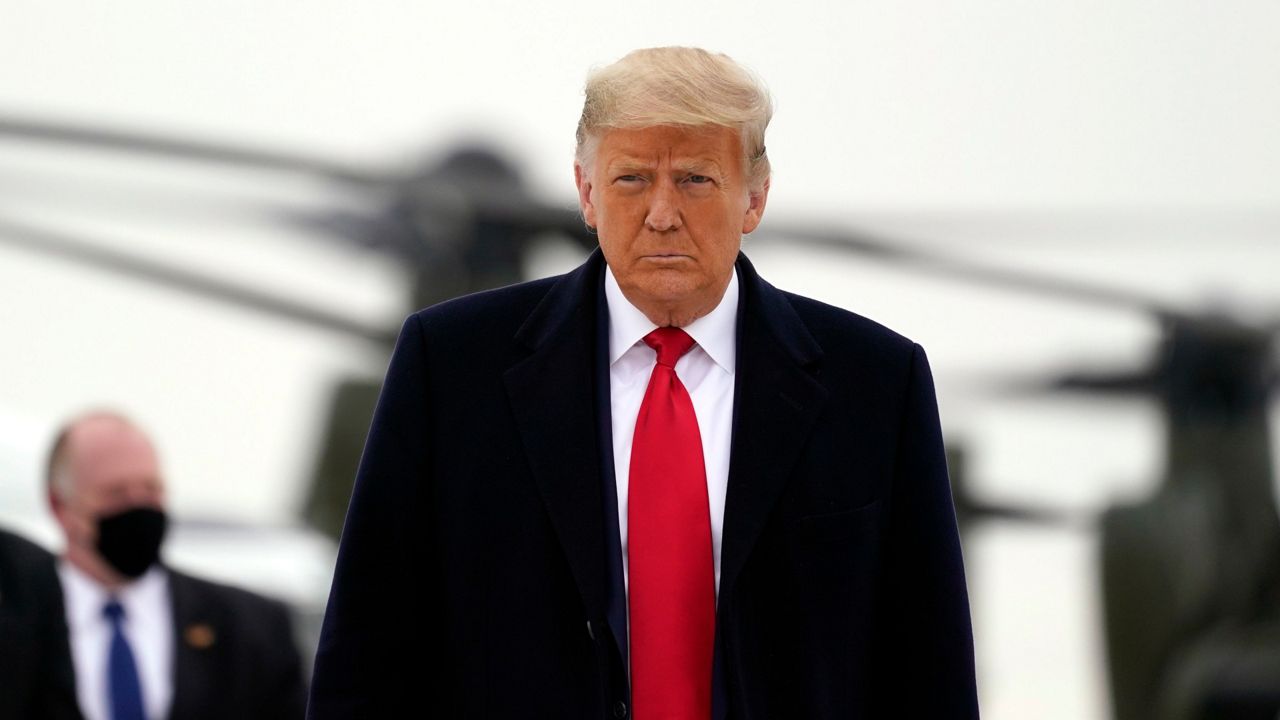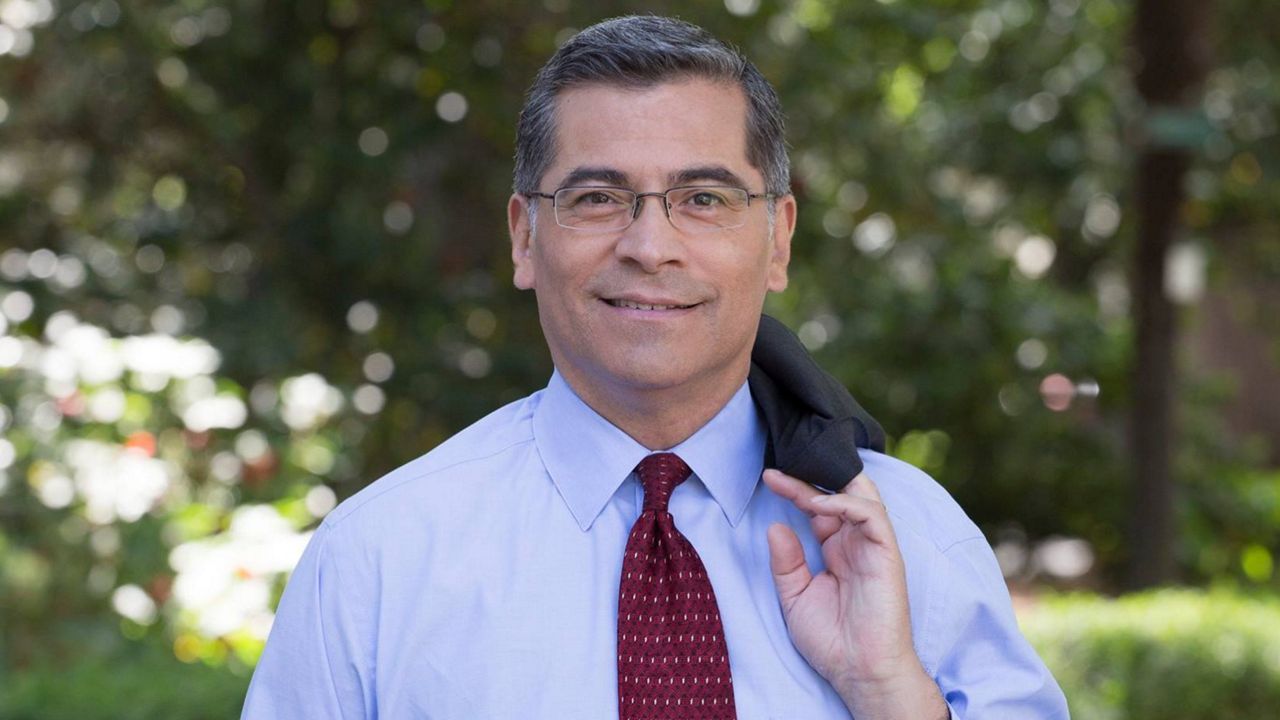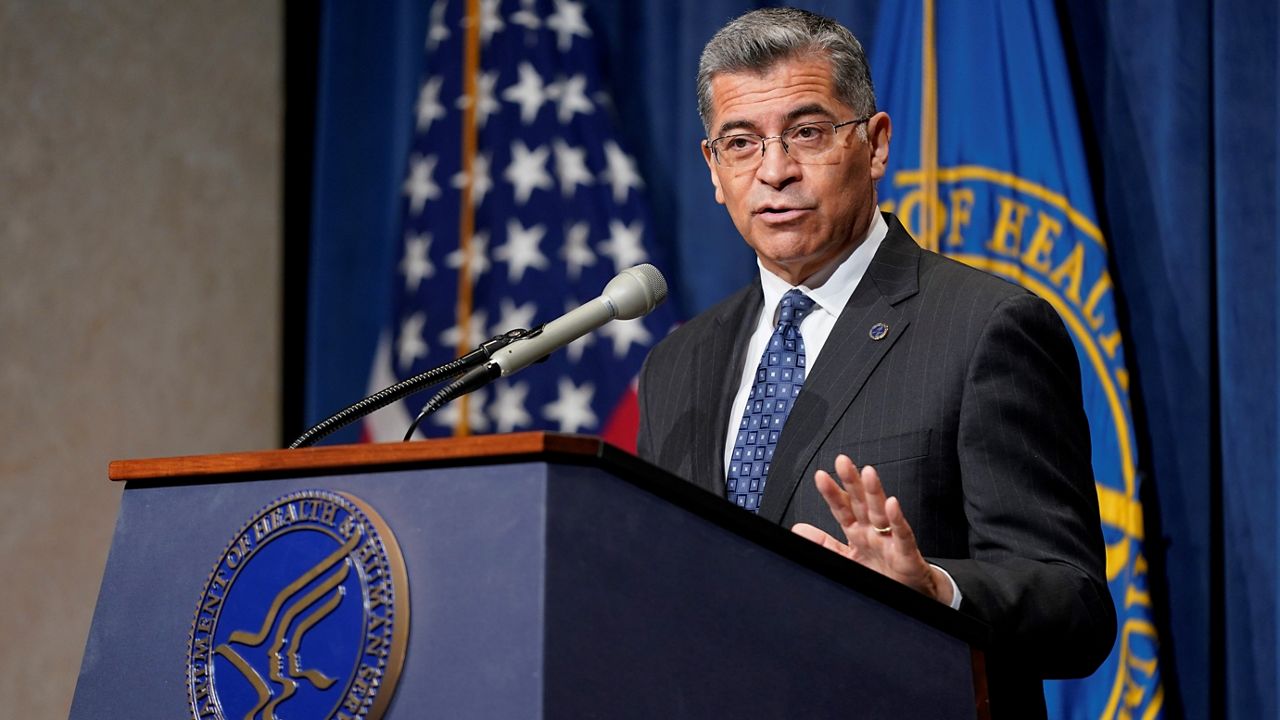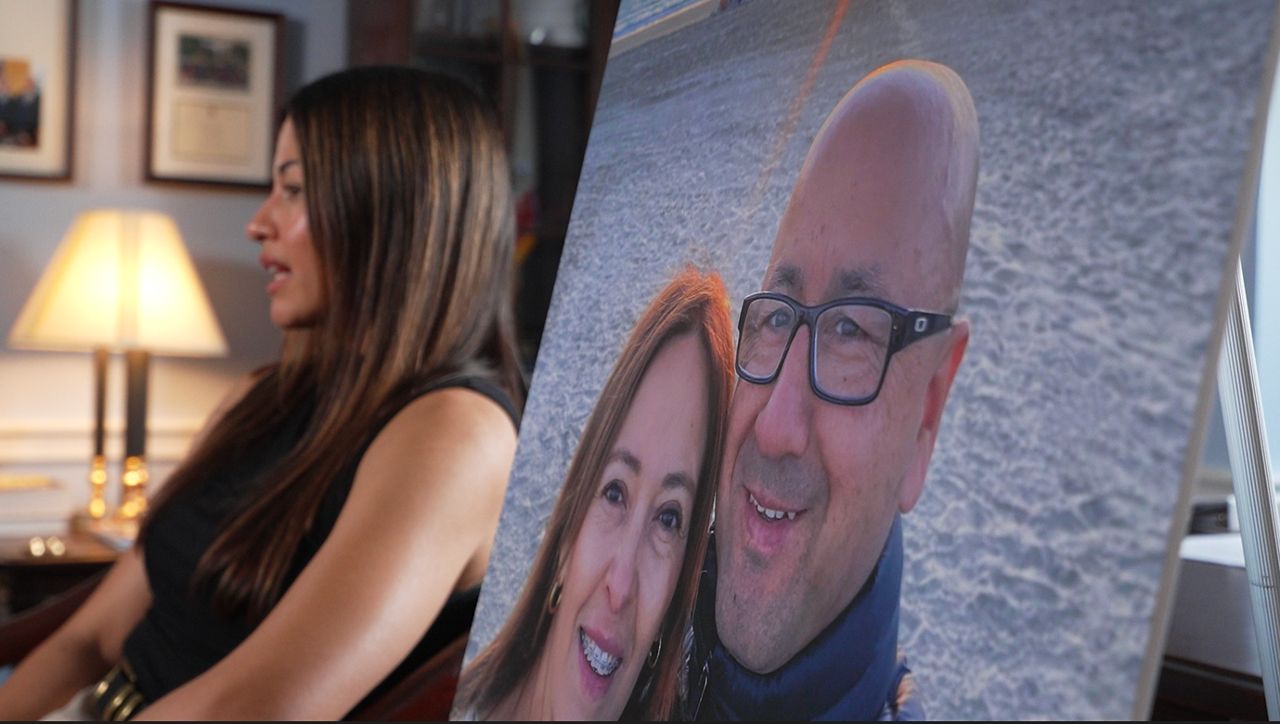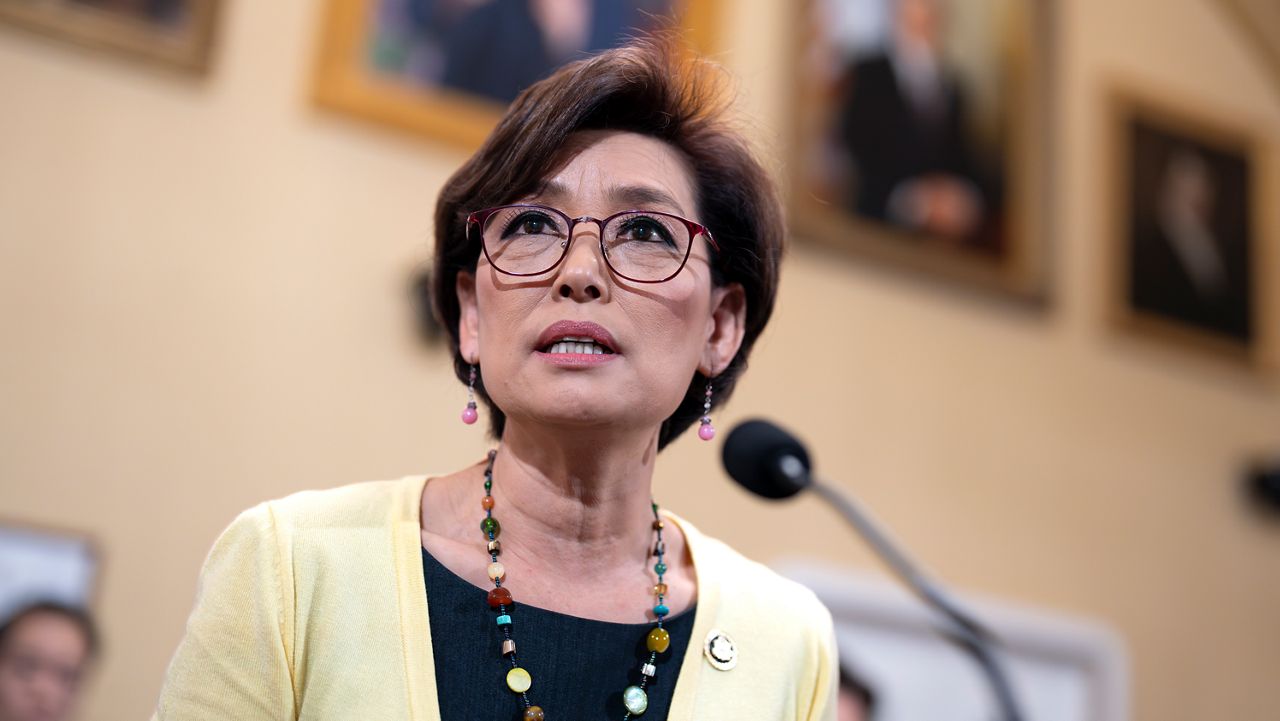House Democrats have formally requested that former president Donald Trump testify under oath at his second impeachment trial, where his charged with inciting a mob of his supporters to storm the U.S. Capitol on Jan. 6.
Lead House Impeachment Manager Rep. Jamie Raskin (D-MD) sent a letter to Trump requesting he explain why his attorneys are disputing the case that House Democrats laid out.
"In light of your disputing these factual allegations, I write to invite you to provide testimony under oath, either before or during the Senate impeachment trial, concerning your conduct on January 6, 2021," Raskin wrote.
Bruce Castor and David Schoen, Trump's attorneys, responded in a letter to Raskin, calling his request "your latest public relations stunt."
"The use of our Constitution to bring a purported impeachment proceeding is much too serious to play these games," they added.
Rep. Raskin asked Trump to provide answers "either before or during the Senate impeachment trial," saying that the former president "attempted to put critical facts at issue notwithstanding the clear and overwhelming evidence of your constitutional offense."
"In light of your disputing these factual allegations, I write to invite you to provide testimony under oath, either before or during the Senate impeachment trial, concerning your conduct on January 6, 2021," Raskin's letter read, adding that Trump's refusal to testify would be used against him in the case.
Trump also did not testify in his first impeachment trial, which took place last year.
Democrats on Tuesday filed their brief in the case, accusing Trump of stirring his supporters "into a frenzy" at a rally ahead of the Jan. 6 insurrection at the U.S. Capitol, laying the blame for the deadly riot directly at his feet.
"Presidents Gerald Ford and Bill Clinton both provided testimony while in office — and the Supreme Court held just last year that you were not immune from legal process while serving as President — so there is no doubt that you can testify in these proceedings," the letter says. "Indeed, whereas a sitting President might raise concerns about distraction from their official duties, that concern is obviously inapplicable here. We therefore anticipate your availability to testify."
The former president faces trial for his role in the deadly riot, with Democrats accusing him of aiming his supporters "like a loaded cannon" at the Capitol, as well as the lawmakers inside who were doing their consitutional duty of certifying the results of the November election.
“If provoking an insurrectionary riot against a Joint Session of Congress after losing an election is not an impeachable offense, it is hard to imagine what would be,” the nine House Impeachment Managers argue in a pre-trial legal brief filed Tuesday.
Five people were killed in the deadly riot, including U.S. Capitol Police Officer Brian D. Sicknick. The brief points fingers at Trump for his role in the insurrection, as well as arguing against that Trump's speech is protected by the U.S. Constitution.
The managers argue that the former president's speech is not protected under the First Amendment; rather, they argue that his incitement of violence in an attemt to overturn the election results was "a direct assault on core First Amendment principles," and "holding him accountable through conviction on the article of impeachment would vindicate First Amendment freedoms."
"His conduct endangered the life of every single Member of Congress, jeopardized the peaceful transition of power and line of succession, and compromised our national security,” the impeachment managers wrote. "This is precisely the sort of constitutional offense that warrants disqualification from federal office."
Trump's defense team filed their brief on Tuesday as well, which makes the claim that Trump cannot be tried for impeachment since he no longer holds office, and argues that "as a private citizen, the Senate has no jurisdiction over his ability to hold office."
Though no president has been tried after departing the White House, Democrats say there is precedent, pointing to an 1876 impeachment of William Beklnap, secretary of war under former president Ulysses S. Grant, who resigned a last-ditch attempt to avoid an impeachment trial, which the Senate ultimately held anyway.
The trial begins on Feb. 9.
This is a developing story. Check back later for further updates.





